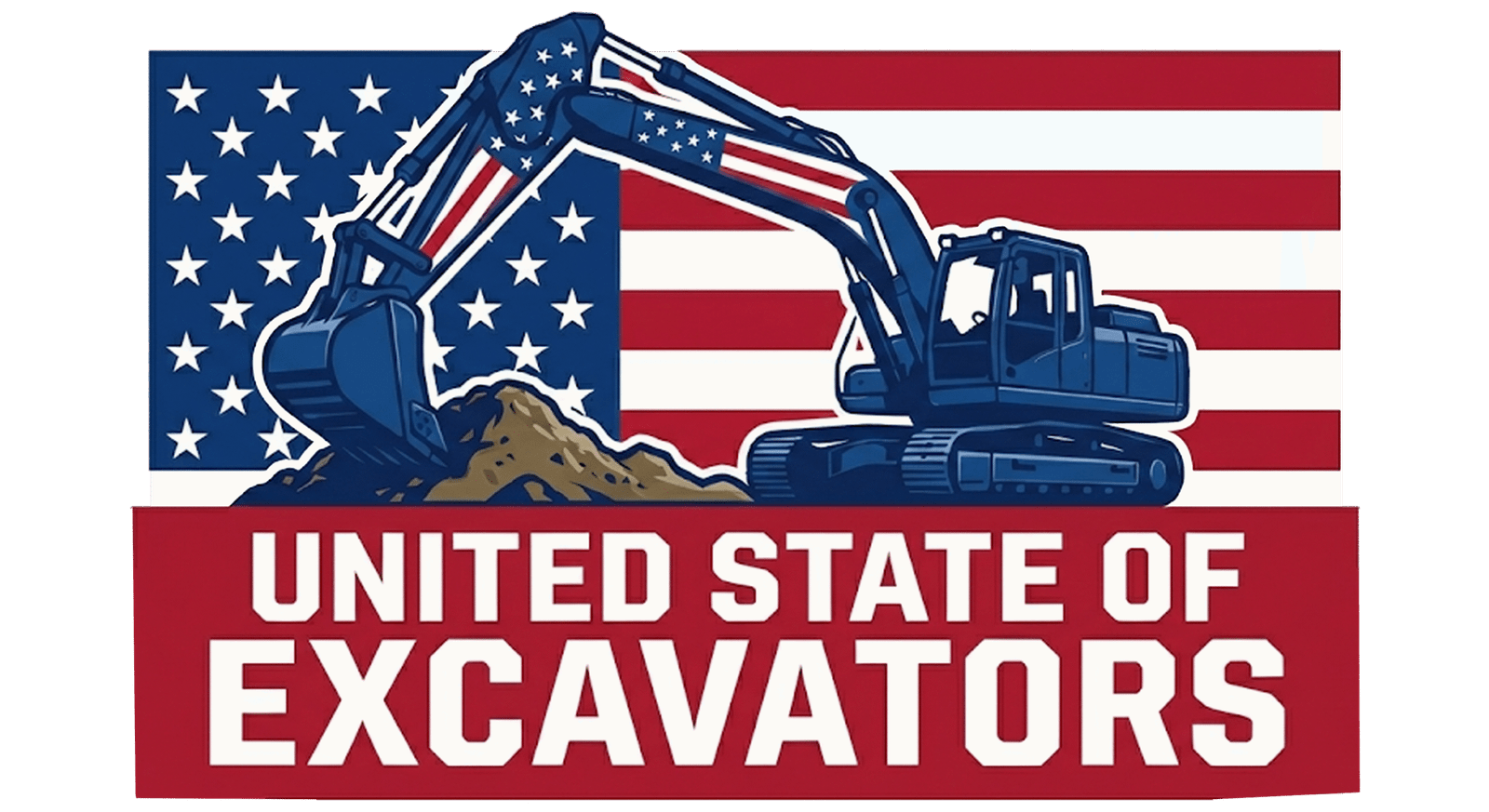Free Shipping Within USA | 1-year Warranty
Cost Comparison: Mini Excavator Rental vs. Mini Excavator Purchase
Mini excavators are versatile and powerful tools that have transformed the construction and landscaping industries. These machines are smaller versions of their full-size counterparts, but they still do much useful work in a more manageable package. When a business wants to add more equipment, choosing whether to rent or buy a mini excavator is very important. This guide will explore their differences through the mini excavator rental vs purchase debate, focusing on their cost differences, to help you understand when renting or purchasing a mini excavator is more beneficial.
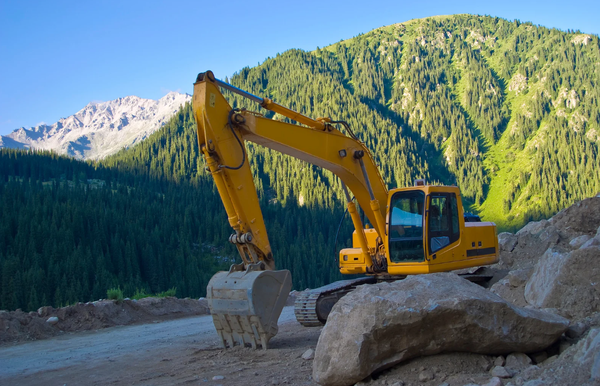
What are the Advantages of Mini Excavator Rental?
Financial Flexibility
Renting a mini excavator minimizes upfront costs, providing financial leeway for businesses that must carefully manage cash flow. It allows firms to allocate resources to other areas of their business without the significant initial investment of purchasing.
Suitability for Short-Term Projects
Renting is often more practical for projects with a definitive end date or infrequent excavation needs. This avoids the long-term commitment of maintenance and storage associated with ownership.
Maintenance-Free Operations
Renters benefit from using well-maintained and serviced equipment, as the rental company handles all upkeep and repairs. This arrangement ensures that the machinery is in optimal working condition when it arrives on site.
Testing Latest Models
Rental fleets often include the latest models featuring advanced technology. Renting various models can provide hands-on experience with different features, helping to provide information for future purchase decisions.
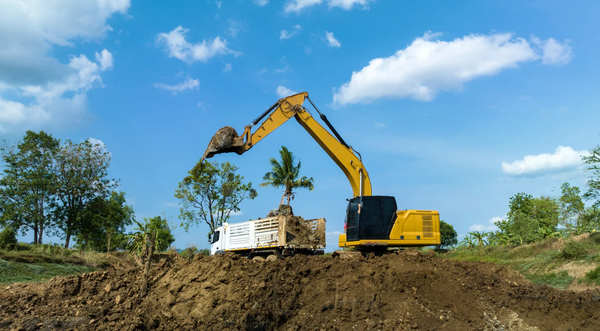
What are the Advantages of Mini Excavator Purchase?
Cost-Effectiveness for Frequent Use
For businesses using excavators regularly, purchasing a new mini excavator can be more economical over time. Owning the equipment eliminates recurring rental fees and can reduce overall project costs.
Asset Ownership and Tax Benefits
Owning a mini excavator allows businesses to claim depreciation and potential tax deductions. Asset ownership can also bolster a company’s financial profile, enhancing its borrowing capacity.
Availability and Control
Purchasing ensures that the equipment is available whenever it is needed, without the constraints of rental agreements. Owners maintain control over the condition and utilization of their machinery, providing peace of mind and operational readiness.
Equipment Customization
Owners can customize their mini excavators with specific attachments that are perfect for their operational needs, ensuring maximum efficiency and integration with their existing machinery.
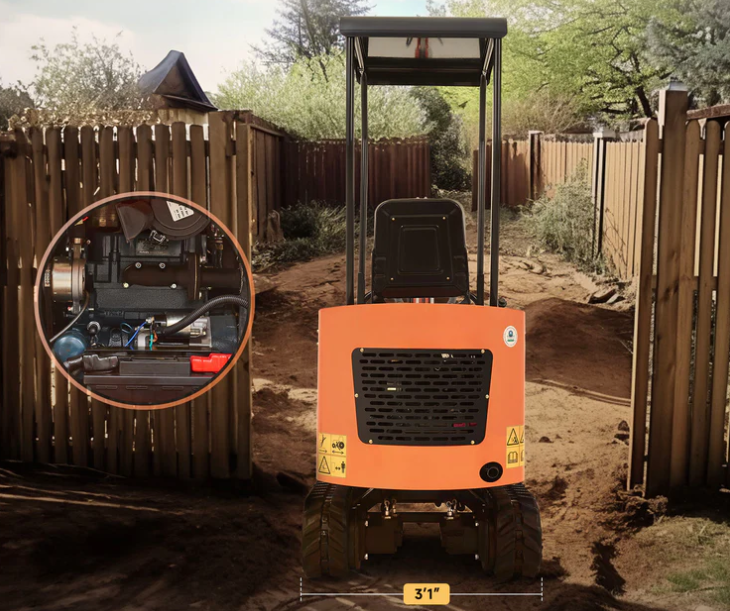
Mini Excavator Rental vs. Mini Excavator Purchase:
A Cost Comparison
Deciding whether to rent or buy a mini excavator involves a detailed comparison of costs over different periods. Understanding these financial factors can significantly impact your business’s budget and operational efficiency.
Detailed Cost Breakdown
Depending on the model and location, a mini excavator rental price might range from $200 to $400 per day. This is cost-effective for short-term projects, as it avoids the significant upfront investment. For example, a two-week rental would range from $2,800 to $5,600, suitable for occasional use without long-term commitment.
On the other hand, purchasing a mini excavator might cost from $10,000 to $100,000. However, for regular use, the daily cost decreases substantially over time. Ownership also allows for using specific attachments that enhance functionality.
Break-Even Point Analysis
The break-even point-when the accumulated rental costs equal the purchase price-varies by usage. For instance, at $300 per day, renting surpasses the purchase cost of a $50,000 mini excavator after approximately 167 days of use.
Case Study
Consider a landscape company using a mini excavator for 200 days annually. The rental costs would total $60,000 per year at $300 per day, significantly higher than purchasing a $50,000 mini excavator.
At the forefront of affordability and efficiency, mini excavators from AHM can stand out on the market. Designed for versatility and reliability, these compact excavators can provide exceptional performance and cost-effectiveness as you can always find your ideal mini excavator at a price lower than $10,000.
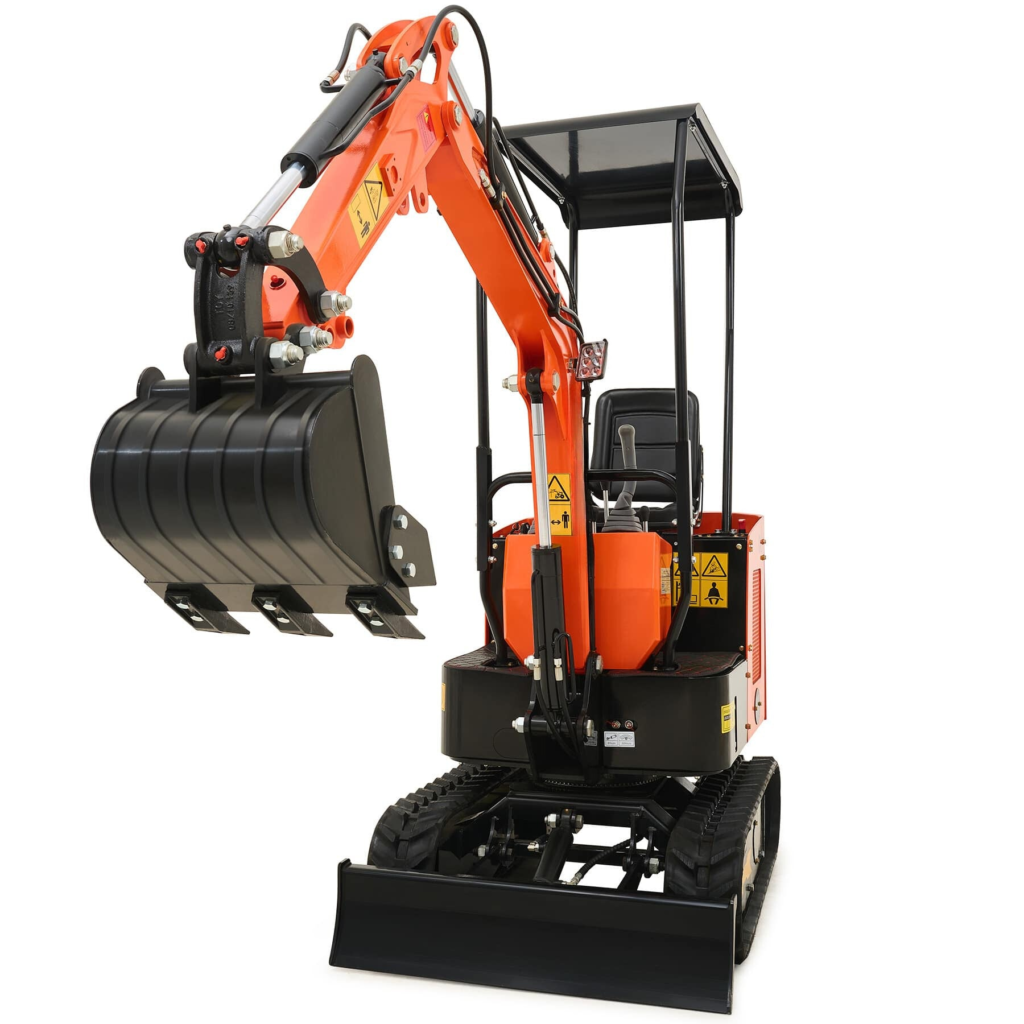
13.5 HP 1 Ton B&S Engine Mini Excavator with 2600 lbf Digging Force
56.799.99
Making the Final Decision
After learning the detailed cost comparison between mini excavator rental and purchase, you have known the kay factors that can influence your decision. To simplify the decision- making process, here is a straightforward checklist for you:
Checklist for Buyers:
Project Frequency and Duration: How often and for how long will you need the excavator?
- Operational Flexibility: Does renting provide more operational flexibility for your business?
Long-Term Value: Will owning the equipment provide long-term value and cost savings?
Financial Readiness: Do you have the budget and economic stability to purchase?
Usually, there are different financing options available to suit various needs. For instance, banks and financial institutions often provide specialized loans for purchasing heavy machinery. Additionally, opting for a hire purchase agreement can be advantageous. AHM also collaborates with Shop Pay, facilitating the use of installment payment options for purchasing your new mini excavator.
Industry experts generally suggest that the decision to rent or buy should be based on specific business needs and financial circumstances. As one expert puts it, “Renting can minimize risks and upfront costs, while buying is a long-term investment that can offer significant returns if planned properly.” Consider both paths carefully, weigh the benefits and drawbacks, and choose the best option for your business strategy and operational needs.
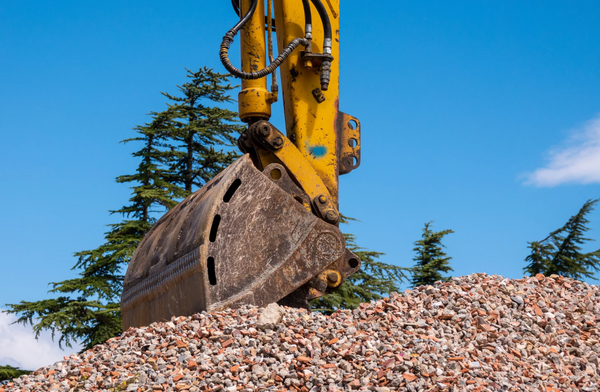
In summary, this guide has explored the critical aspects of mini excavator rental versus mini excavator purchase. From understanding the financial implications to analyzing the practical needs of your business, it is clear that the decision should be tailored to your specific circumstances. Consider your immediate operational needs and long-term strategic goals to ensure that your choice today supports your future success.
